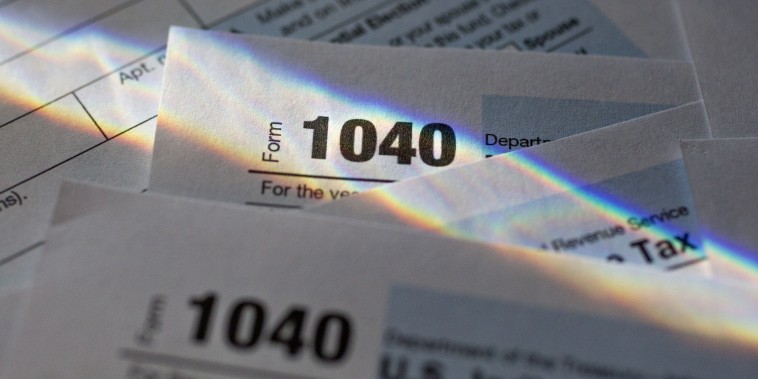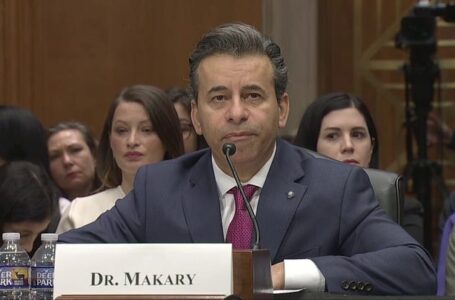FDA chief counsel who defended abortion pill access under Biden resigns two days into job
The IRS’s new, free ‘Direct File’ service for simple tax returns is now available in 12 states


The IRS’s new, free filing software for relatively simple tax returns is now available in 12 states.
The Direct File service, which is being piloted for the first time for 2023 tax-year returns, is now being offered to qualified filers in Arizona, California, Florida, Massachusetts, Nevada, New Hampshire, New York, South Dakota, Tennessee, Texas, Washington and Wyoming.
To qualify for Direct File, you have to have a Social Security number or Individual Taxpayer Identification Number for yourself and any spouse or dependents you claim. You also need a current driver’s license, state identification card, U.S. passport or passport card.
There are some limitations to the tax-filing service. Only people who are W-2 employees and those who receive Social Security or unemployment income can use Direct File. Other types of income, like capital gains, rental income or money from payment apps and online marketplaces, can’t be reported with Direct File.
IRS Direct File can be accessed on a mobile device and it’s also available in Spanish.
Taxpayers who use the service can only take the standard deduction — the set dollar amount that reduces your taxable income — and does not allow for itemized deductions. The IRS estimates that about 9 in 10 filers take the standard deduction.
The standard deduction for the 2023 tax year is:
And for people who are 65 and older or blind, the standard deduction is:
The software that powers Direct File also lets taxpayers in five of the pilot states — Arizona, California, Massachusetts, New York and Washington — transfer their federal tax information to their respective state’s online tax tool for state income tax filing.
Direct File is one of many provisions enacted through the Inflation Reduction Act of 2022, which allocated $80 billion in additional funding to the IRS.
Filing companies like Intuit and H&R Block have spent millions over the years to prevent the rollout of such a product, and have criticized the program as a ‘solution in search of a problem.’
However, Eddie Hartwig, partner at consultancy Service Design Collective and former deputy administrator at the United States Digital Service, said millions of taxpayers, especially lower-income people, can inadvertently leave money on the table when using the programs from H&R Block and Intuit (TurboTax), in part by missing things like the Earned Income Tax Credit (EITC) and Child Tax Credit, which could reduce your tax liability and potentially increase your refund.
Direct File, Hartwig said, could help resolve this.
‘We know that there are 5 million EITC applicants not applying, who could get money but are not filing their taxes and not getting money,’ Hartwig said in an interview. ‘And there are 7 million Child Tax Credit folks in the same position … So there are millions of people for whom this would make a big difference in incomes.’











